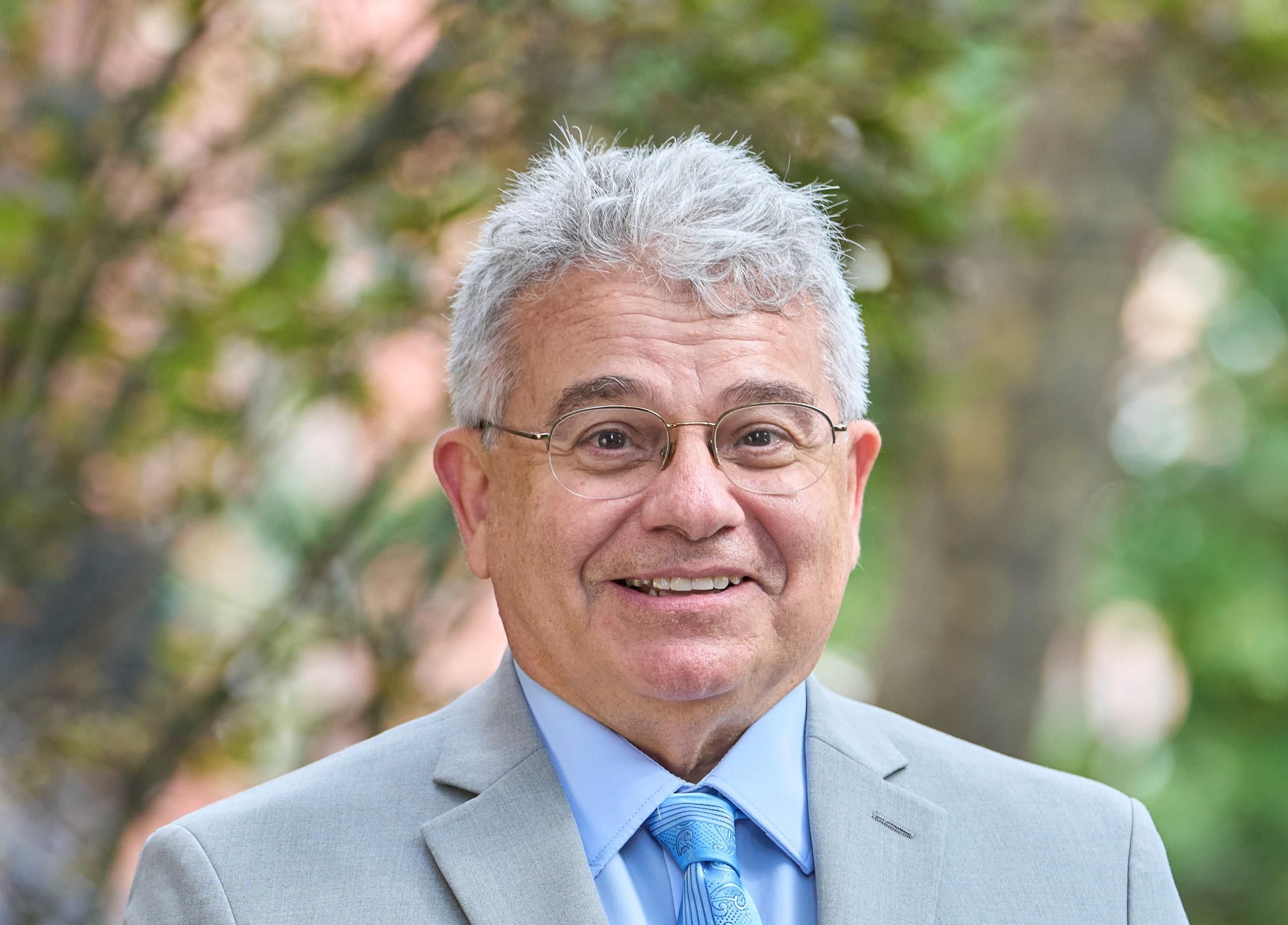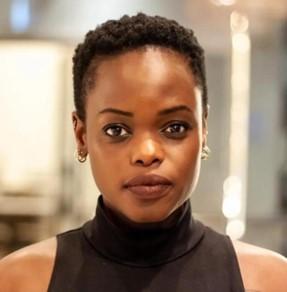Women’s Property Rights Under CEDAW
Speaker(s):
Series:
Notes & Changes
This event will be hybrid, taking place in-person in the Gilly Leventis Meeting Room at the Bonavero Institute of Human Rights and online via Zoom. Please register through the link provided above for online attendance. This event is co-hosted by Bonavero Discussion Group, Oxford Business and Human Rights Network and Discussion Group, and the Feminist Jurisprudence Discussion Group.
Abstract
Women’s Property Rights Under CEDAW (forthcoming Oxford University Press 2023)
The gender gap with respect to wealth and property is a chasm. The leading international treaty on the rights of women, the Convention on the Elimination of All Forms of Discrimination Against Women (CEDAW), has been generating jurisprudence through its expert committee interpreting CEDAW’s obligations requiring that states protect the equal rights of women in recognized relationships; family rights, including inheritance; rights to land, adequate housing, financial credit, social benefits, intellectual property and other economic rights dependent on equal access to justice. This book surveys and assesses the CEDAW Committee’s jurisprudential outputs. It finds that CEDAW’s vision of what it means for women to have equal rights to property is dramatically different from what many scholars consider to be the leading source of “the international law of property”—namely the case law generated on behalf of foreign investors’ property under the international investment regime. While CEDAW’s property rights converge with those protected under other international human rights regimes, they remain unique in their focus on addressing the underlying patriarchal structures, stereotypes, and forms of intersectional discrimination that have undermined the fundamental rights of women and girls and led to their continued impoverishment all around the world. This book concludes that CEDAW’s re-engendering of property—although a flawed work in progress —has the potential to be transformative for the half of the planet who is more likely to be treated as property than to have any.
Speakers
Professor José E. Alvarez (co author: Judith Bauder (responsible for Chapter 2))

José Alvarez is the Herbert and Rose Rubin Professor of International Law at New York University School of Law. Before coming to NYU, he was the Hamilton Fish Professor of International Law and Diplomacy and the executive director of the Center on Global Legal Problems at Columbia Law School, a professor of law at the University of Michigan Law School, an associate professor at the George Washington University’s National Law Center, and an adjunct professor at Georgetown Law Center. At NYU he teaches courses on international law, foreign investment, and international organizations. He served as president of the American Society of International Law (ASIL) from 2006-2008 and was the immediate prior co-editor-in-chief, along with his NYU colleague, Benedict Kingsbury, of the American Journal of International Law. His lectures on “The Public International Law Regime Governing International Investment” at the Hague Academy of International Law were published as a pocketbook in 2011. His other books are a collection of essays, co-edited with others, entitled The Evolving International Investment Regime (OUP 2011) and International Organizations as Law-Makers (OUP 2005). He has published over 150 articles and book chapters. For a full listing of prior publications and video-taped lectures, see his curriculum vitae.
Dr. Meghan Campbell

Meghan Campbell is a Reader in International Human Rights Law and Deputy-Director of the Oxford Human Rights Hub. Her scholarship has touched upon many aspects of CEDAW including its relationship to women's economic inequality. She is currently a British Academy Mid-Career Fellow examining the relationship between women's equality and justification.
See also: https://www.birmingham.ac.uk/staff/profiles/law/campbell-meghan
Mandisa Shandu

Mandisa Lusanda Shandu is a DPhil Law Candidate at the University of Oxford. Her research focuses on constitutional property law and urban land inequality in South Africa.
She is an admitted attorney of the High Court of South Africa and has experience litigating in strategic impact cases involving constitutional-, property-, spatial planning- and housing law, administrative justice, access to basic services and movement lawyering.


 Add to calendar
Add to calendar


